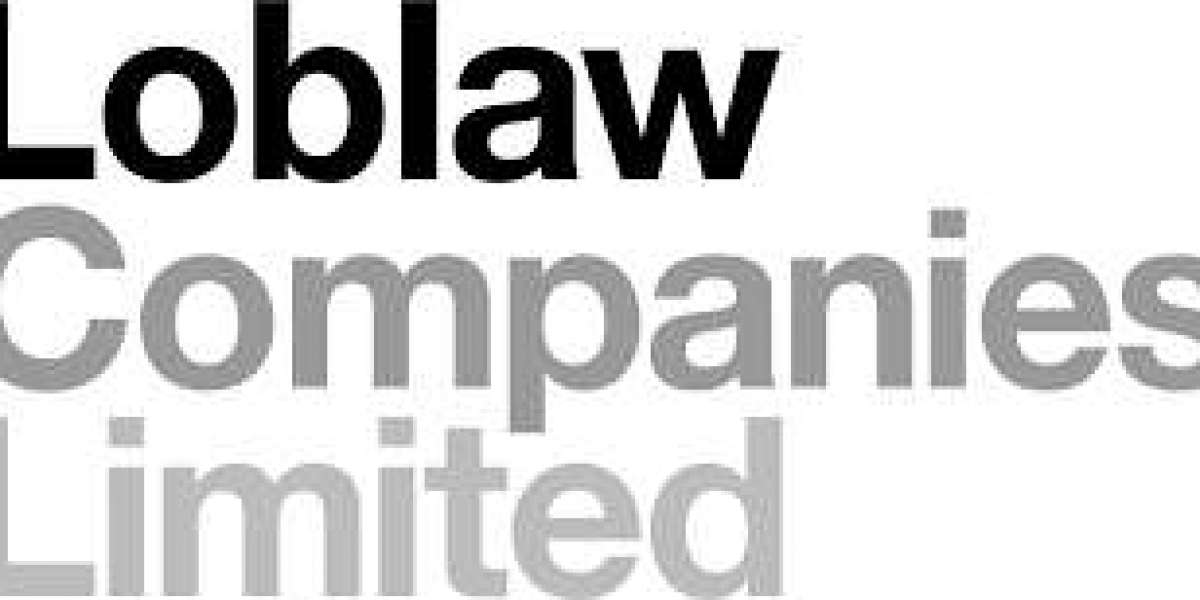Loblaw Companies Limited, a leading Canadian food retailer and pharmacy, is known for its extensive selection of grocery items, clothing, and health and beauty products. With a strong brand portfolio, including Loblaws, No Frills, and Shoppers Drug Mart, Loblaw has established a significant presence in the Canadian market. However, it operates in a highly competitive environment, facing challenges from various retail competitors. This article examines Loblaw’s primary competitors and the strategies they employ to capture market share.
Major Competitors
1. Metro Inc.
Metro Inc. is one of Loblaw's primary competitors in the Canadian grocery market. Operating more than 950 stores under the Metro and Food Basics banners, the company emphasizes fresh produce and quality products. Metro differentiates itself with a focus on customer service and local sourcing, appealing to consumers who value freshness and quality. Additionally, Metro has made significant investments in e-commerce and delivery services, responding to changing consumer preferences for online shopping.
2. Sobeys Inc.
As a subsidiary of Empire Company Limited, Sobeys operates over 1,500 stores across Canada. Sobeys’ diverse range of grocery offerings includes its flagship Sobeys stores, Safeway, and FreshCo discount stores. The company is known for its strong private label products, which compete directly with Loblaw’s No Name and President's Choice brands. Sobeys has been actively expanding its presence in the organic and health food segments, aligning with consumer trends towards healthier eating.
3. Walmart Canada
Walmart Canada is a formidable player in the grocery sector, combining its extensive grocery selection with a wide range of general merchandise. With over 400 supercentres across the country, Walmart offers competitive pricing and a one-stop shopping experience. The company's strength lies in its supply chain efficiency and ability to leverage its global purchasing power, allowing it to offer lower prices compared to many competitors, including Loblaw. Walmart has also invested in enhancing its e-commerce capabilities, introducing grocery pickup and delivery services that challenge traditional grocery retailers.
4. Costco Wholesale Canada
Costco, known for its membership-based warehouse club model, has made significant inroads in the Canadian grocery market. With a focus on bulk sales and competitive pricing, Costco appeals to price-sensitive consumers. Its limited selection of high-quality products and exclusive private label, Kirkland Signature, provide a unique value proposition that attracts loyal customers. Costco's growth in Canada has challenged Loblaw’s market share, particularly among families and individuals seeking value for money.
5. Amazon Canada
Amazon has rapidly become a disruptor in the retail and grocery sectors, leveraging its e-commerce platform to offer a wide range of products, including groceries through Amazon Fresh and Whole Foods Market. Amazon’s convenience, competitive pricing, and quick delivery options resonate with Canadian consumers increasingly leaning towards online shopping. The company's innovative use of technology, such as Alexa and Amazon Prime, further enhances customer engagement and loyalty, posing a significant challenge to traditional grocery retailers like Loblaw.
Strategies to Compete
In response to these competitive pressures, Loblaw Companies has implemented several strategies to maintain its market position:
E-Commerce Expansion: Loblaw has invested heavily in its online shopping platform, offering services such as home delivery and click-and-collect. By enhancing its digital presence, Loblaw aims to attract customers who prefer the convenience of shopping online.
Private Label Development: Loblaw’s private label brands, such as President's Choice and No Name, have gained popularity for their quality and affordability. The company continues to innovate and expand its private label offerings to compete with similar products from competitors.
Health and Wellness Focus: Loblaw has positioned itself as a health and wellness leader by expanding its range of organic, gluten-free, and health-conscious products. This strategy aligns with growing consumer demand for healthier options.
Sustainability Initiatives: Loblaw has committed to various sustainability initiatives, including reducing plastic waste and sourcing local products. By appealing to environmentally conscious consumers, Loblaw enhances its brand reputation and competitiveness.
Conclusion
Loblaw Companies Limited operates in a dynamic and competitive retail environment, facing significant challenges from major players such as Metro, Sobeys, Walmart, Costco, and Amazon. To maintain its competitive edge, Loblaw must continue to innovate, adapt to changing consumer preferences, and leverage its strong brand portfolio. By focusing on e-commerce, private label products, health and wellness, and sustainability, Loblaw can navigate the competitive landscape and sustain its position as a leading Canadian retailer.







